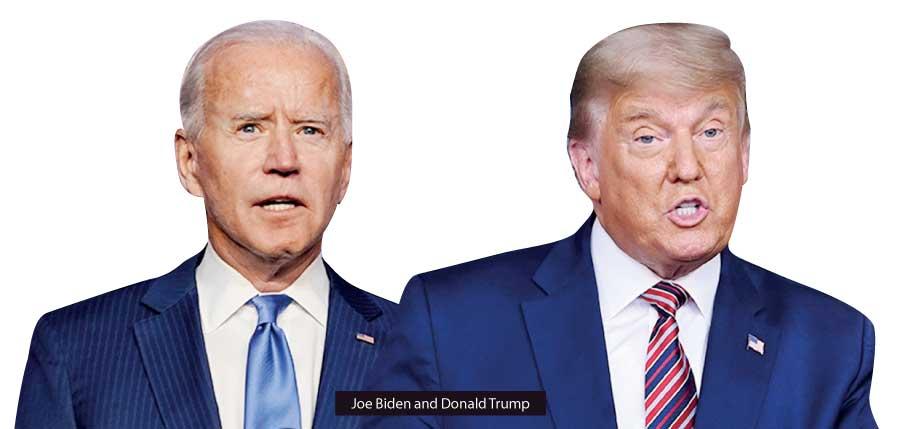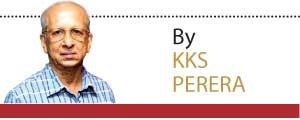Reply To:
Name - Reply Comment

Pandemic deaths averaged 1200 with over 120,000 new cases added each day, while election hanged on swing states for four days. Finally Joe Biden winning and Donald Trump fading; it did not end in a tie as some expected.  It’s not the citizen but a body of people called electors chosen or appointed by a larger group representing the states, will formally cast votes for the election of the President of United States of America.
It’s not the citizen but a body of people called electors chosen or appointed by a larger group representing the states, will formally cast votes for the election of the President of United States of America.
Yankees
Yankee and its contracted form Yank with several interrelated meanings is used as a colloquial term for Americans in other nations, and may refer to New Englanders, people of the Northern United States, or Americans in general. Oxford Dictionary, says, “a nickname for a native or inhabitant of New England, or, more widely, of the northern States generally”. Our political colossus Junius Richard was nick-named “Yanky Dickie” by his Marxist colleagues, NM, Colvin and Pieter, for his absolute loyalty to US, which stance he changed when White House ignored his please for a protest on Rajiv Gandhi’s dhall drop in 1987. A more matured JR commented, “Indian market, [though a die-hard supporter of Russia in the then two-power cold war] is more important to America than this tiny island.”
Electoral Colleges
There were six states in 1824, in which electors were legislatively appointed; in 1832, only South Carolina had not transitioned. Electors in every state since 1880, have been chosen based on an election. An election expert reflected on the original intent as follows:
“The function of the College of Electors in choosing the president can be likened to that in the Roman Catholic Church of the College of Cardinals selecting the Pope. The original idea was for the most knowledgeable and informed individuals from each State to select the president”-- William C. Kimberling.
An electoral college [EC] is a set of electors who are chosen to elect a candidate to the office. EC represent different political parties, with each party or entity represented by a given number of electors. The founders of USA hoped to suppress the formation of powerful sections and political parties, and wanted a method that did not rely exclusively on popular majorities. They are not colleges in the common educational sense, but submit to a collegium or cluster of States. While people elect members of Congress, State legislators, Governors, Mayors, and even the local officials, its most surprising that voting in America, does not elect the highest office in the land.
Idea born at the 1787 Constitutional Convention held in Philadelphia, based solely on merit and without considering the state of origin or political party. They proposed that this would take place by district. The plan was carried out by some states until 1892. Massachusetts did it in 1820, the rule said, “the people shall vote by ballot, on which shall be designated who is voted for as an Elector for the district,” meaning the name of a candidate was not printed on the ballot. The citizens voted for the local elector, whom they had confidence would cast a conscientious vote for President.
A candidate gaining majority of popular vote can lose?
That is exactly what happened in the last election held in 2016. Hillary Clinton won the popular vote by 3 million votes, but Donald Trump collected over 56% of the electoral votes winning the presidency. Four elections in the past selected a President by Electoral Colleges who did not receive a majority on the popular vote. In 1876 Tilden who received 50.9% of votes lost to Hayes who got only 47.9% and in 1888,Cleveland with 48.6% lost Harrison who collected 47.8%, while in recent times. Al Gore in 2000 received 48.3% and lost to Bush 47.8%, and Clinton with 48.0% in 2016 lost to Trump who collected only 45.9% of total valid votes.
The vital decision lies with the Electoral College. Americans only cast their ballots for a slate of electors chosen by their state’s political parties who are vowed to support their party’s candidate. This leads to an intense focus on battleground states, as each candidate looks to enhance his electoral advantage by aiming states that can facilitate them achieve the 270 mark of the 538 up for grabs. Biden was leading in the ECs too. Reacting to his dropping leads in Pennsylvania and Georgia, where Biden was in the lead, as mail ballots, mostly from Democratic supporters were being added up in both states, regardless of court cases brought by his campaign, President Trump denounced what he called “fraud” as the basis of his looming loss. The National Guard was positioned in Oregon and Portland, while “poll watchers” of Trump, [who prescribed democracy to the world] harassed election administrators in Detroit and Phoenix.
Six States, Pennsylvania with 20,Georgia 16, North Carolina 15, Arizona 11, Nevada 6, and Alaska 3 delayed the results. It’s like in tennis, not how many games or points, but how many sets you win. You have to win the set, if you have to triumph the state.
What if electors break their vow like our Legislators?
People call them “faithless electors,” seven electors in 2016, five Democrats and two Republicans let down the voter by refusing to vote for their party’s nominee. But unlike in our shameless ‘Leaping Frogs’ it happened only once in their long history. They voted for other candidates, including not on the ballot. However, this disgraceful act did not change the outcome.
The Supreme Court ruled that states may require electors to stand by their assurance to support a specific candidate. An unusual result occurred in 1800, a tie in which Aaron Burr and Thomas Jefferson receiving equal number of electoral votes. Congress broke the bind, and Jefferson was elected president and Burr the Vice President. Actually, it was the 12th Amendment to the constitution in 1804, that proposed, the candidate gaining the second-highest position becoming the Vice President.
Will they ever change the system?
They have been debating it over the years about abolishing the EC entirely, especially with the 2016 election results bringing the dispute back. But since the Republicans are benefited from the electoral clout of rural states which are lesser populous, it faces a partisan divide though the idea has
public support.
Penalties exist in some states like New Mexico, where electors can be charged with a misdemeanor if they abandon their promise. In Oklahoma, untrustworthy electors could face a criminal charges, while the idiotic Sri Lankan voters repeatedly vote the same criminals back over and over again including the double and triple professional pole vaulters !
The author can be reached on